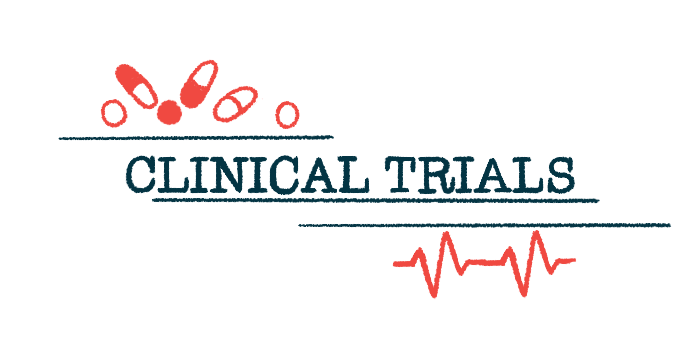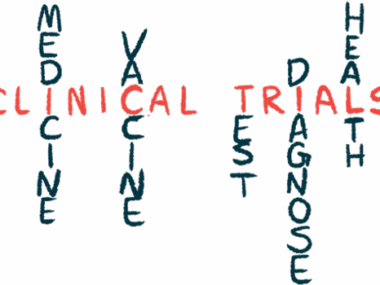ROCK inhibitor Bravyl shows early signs of efficacy for ALS
Phase 2a trail to test higher dose in patients
Written by |

Bravyl, an investigational oral therapy from Woolsey Pharmaceuticals, was safe and lowered levels of the nerve damage biomarker neurofilament light chain (NfL) in people with amyotrophic lateral sclerosis (ALS), according to new data from a Phase 2a clinical trial.
The medication also showed early signs of slowing disease progression, according to a company press release.
The open-label Phase 2a REAL clinical trial (NCT05218668) will now test a higher dose of Bravyl in a new group of ALS patients. “Given the safety and tolerability of the 180mg/day dose, REAL has been expanded and is currently screening and plans to enroll up to 15 patients at 300 mg/day,” Woolsey said.
People with ALS have elevated levels in their blood of Rho kinase (ROCK), an enzyme involved in regulating the shape, movement, and growth of cells. Among its many roles, ROCK counteracts cell growth and nerve cell regeneration, and targets proteins necessary for nerve cell integrity and transport. ROCK also contributes to cell death and inflammatory processes.
Inhibiting ROCK is believed to be one strategy for slowing neurodegeneration and promoting nerve cell regeneration in ALS. That’s supported by preclinical studies showing that fasudil, a ROCK inhibitor used in Japan for treating a certain type of stroke, prolongs survival, improves motor function, and prevents motor nerve cell loss in mouse models of ALS.
REAL trial launched in 2021
Bravyl is an oral formulation of fasudil being developed as a possible treatment for ALS and eventually other neurodegenerative conditions.
Launched in 2021, REAL is testing the safety and preliminary efficacy of Bravyl in people with ALS, ages 18-75, whose symptoms began within four years of screening. The first 31 participants were treated with 180 mg oral Bravyl per day.
Twenty-five of these patients completed the main six-month treatment period, and 20 of them entered an extension phase in which all are continuing to receive Bravyl. Some patients have been treated for as long as 1.5 years.
Bravyl significantly lowered levels of NfL by 15% after six months compared with levels before the study’s start, Woolsey said.
NfL is a sensitive and specific marker of nerve cell damage that’s elevated in the blood of ALS patients and people with other neurodegenerative conditions. It is recognized that reductions in NfL in response to treatment are an indicator of future clinical benefits such as slowed disease progression and prolonged survival, so the biomarker is commonly used as a first look at whether a treatment might be efficacious.
The company noted that NfL levels in ALS tend to increase by around 11% over a six-month period in the natural course of the disease. That would indicate that Bravyl could lower NfL levels by as much as 26% compared with a placebo group in a future trial.
The study found that greater decreases in NfL were correlated with slower disease progression, as assessed by a slower decline in scores on the ALS Functional Rating Scale-Revised (ALSFRS-R). That suggests possible early clinical benefit.
The researchers then compared REAL trial participants to a group of 31 patients from an ALS study database who were matched in terms of age, disease severity, and other clinical factors.
Relative to this external control group, ALSFRS-R scores declined significantly more slowly — by 28% — in REAL participants, reflecting slower disability progression with Bravyl.
REAL participants also had a 42% slower lung function decline and a 50% slower loss of muscle strength, largely driven by preserved strength in the lower limbs.
The treatment was found to be well tolerated, with no study withdrawals related to adverse effects and no unexpected safety findings in the extension period.
The patients in the expanded study also will be treated for six months, with the ability to enter the extension phase.






